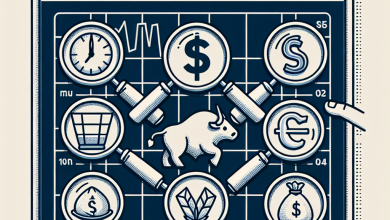
Did China Just Unleash a Bazooka?
Financial markets in China have experienced a significant jolt following the announcement of new policies that some analysts have likened to deploying a “bazooka.”
According to experts at BCA Research, these measures are primarily intended to stimulate a rally in Chinese equities and related investments globally, which had been oversold. This policy shift has generated excitement among investors, leading to a rebound in market sentiment. The immediate impact of these policies seems to offer a boost to Chinese stocks, creating opportunities for investors to take advantage of the upturn.
However, a critical question persists: will these policy measures have lasting effects beyond the financial markets and invigorate the broader Chinese economy?
Analysts from BCA Research express skepticism regarding this issue. They suggest that while Chinese equities may enjoy a short-lived period of outperformance, the underlying real economy continues to face significant structural challenges. Despite the recent policies, they are unlikely to induce a substantial change in China’s business cycle in the near term, particularly over the next six months.
Key hurdles include ongoing debt deflation, weak household sentiment, and a lack of confidence in private enterprises and local governments. “This subsidy represents only 0.8% of GDP, making it unlikely to be a game changer,” the analysts noted. They argue that this measure is not enough to instigate a notable recovery, especially given the struggles of China’s property market and sluggish household income growth.
Furthermore, BCA points out that without major interventions—like a large-scale quantitative easing program focused on the property sector—the property market is expected to continue exerting a substantial drag on the economy. Past efforts, such as a financing initiative for property developers in 2022, did not yield significant outcomes.
Consequently, further monetary stimulus is deemed necessary to stimulate borrowing and spending. However, real lending rates in China remain high amid deflationary conditions. “Businesspeople continue to be wary of current government policies towards large private enterprises,” the analysts commented. Local governments, already burdened by debt and anticorruption initiatives, may also be hesitant to adopt measures that promote growth.
 GOOGL
GOOGL  META
META 


